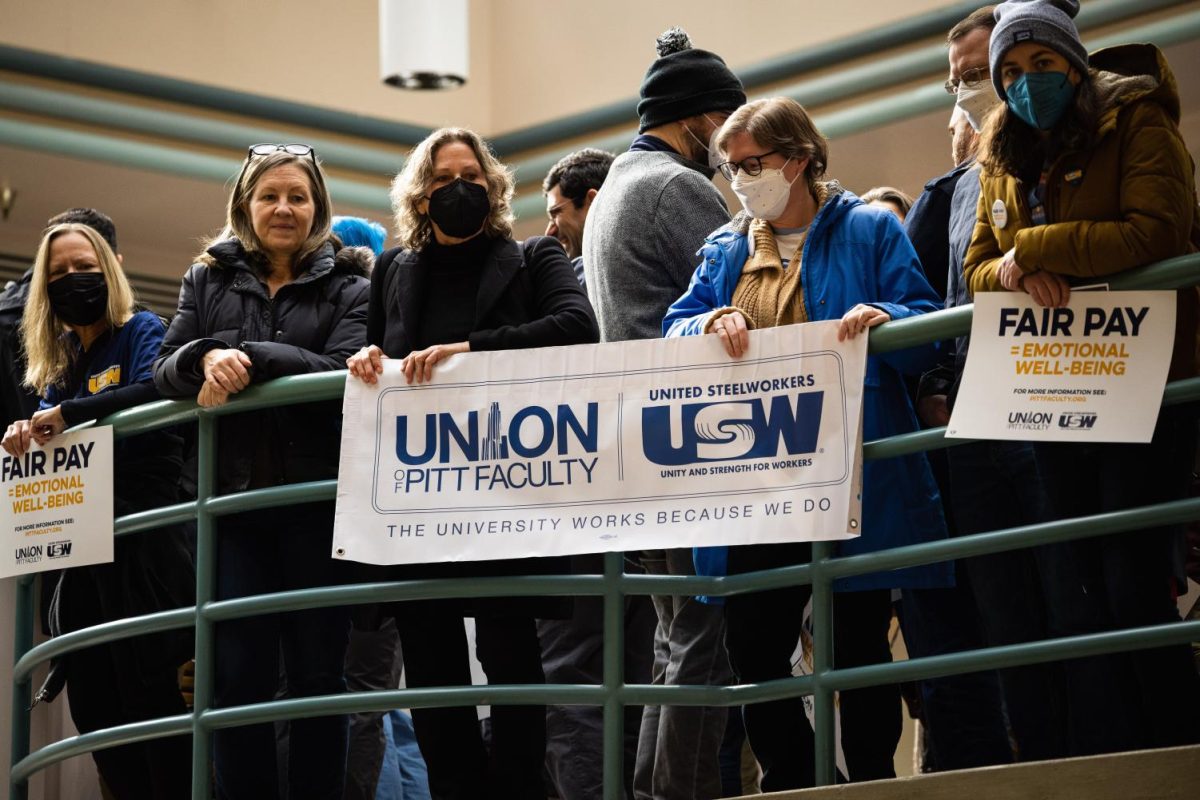
A guide to ongoing negotiations between Pitt’s administration, campus union efforts
By Emma Hannan and Abby Lipold
• February 23, 2024
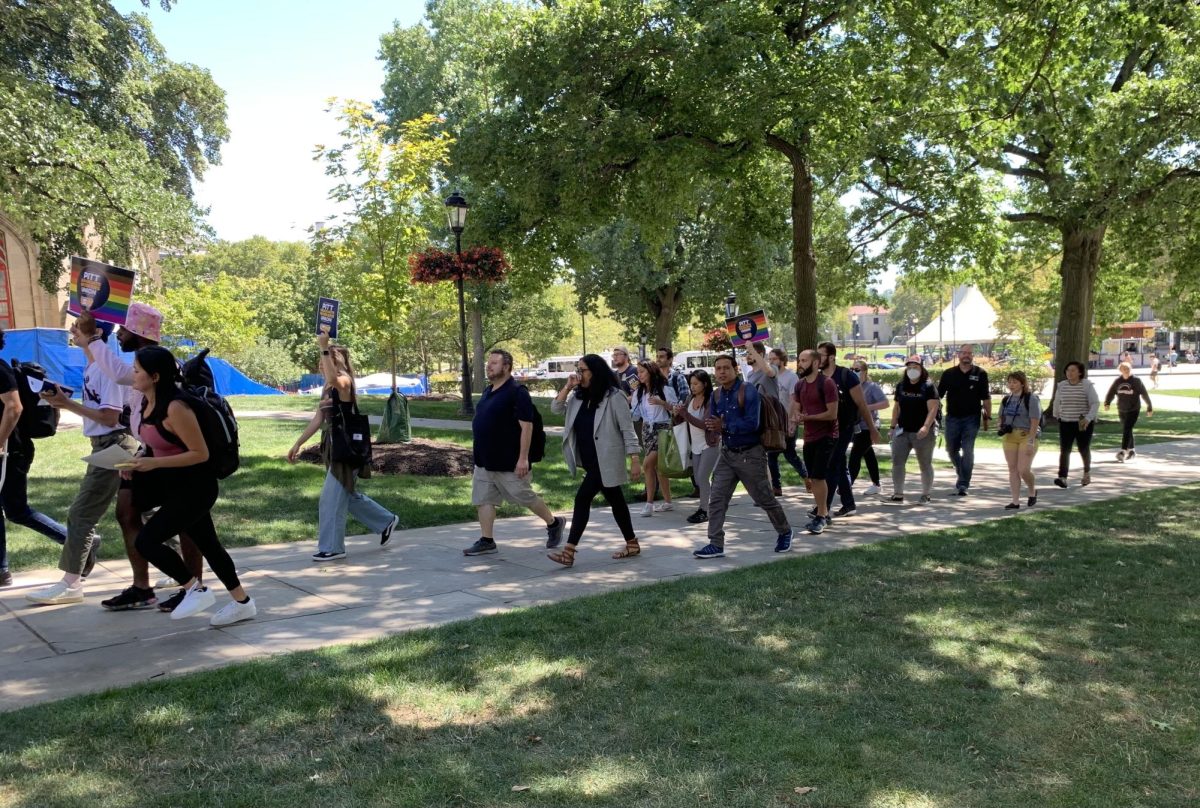
‘Direct attack’: Health insurance hikes push graduate students’ budgets to the breaking point
By Jack Troy, Senior Staff Writer
• September 5, 2023
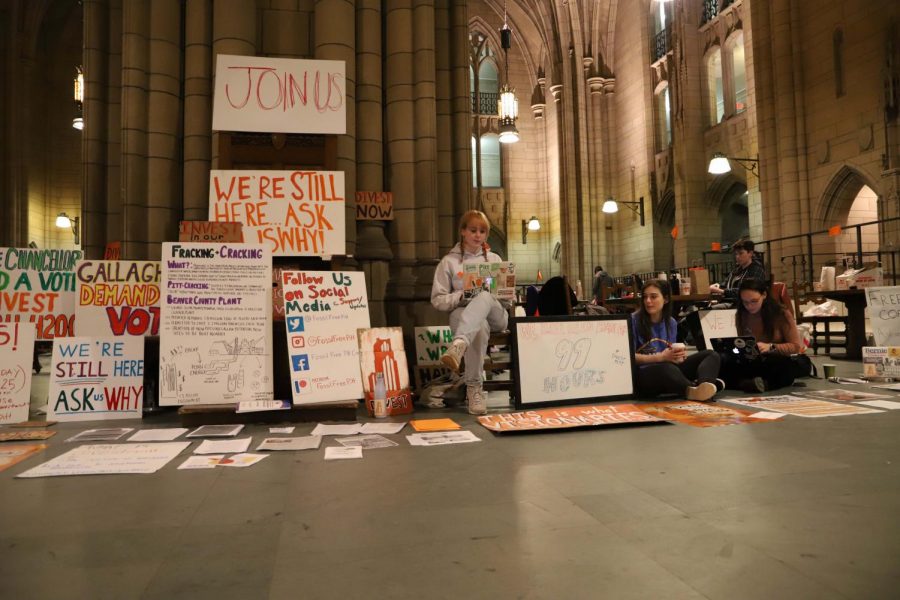
Oakland news roundup
By Priya Ray, Staff Writer
• July 25, 2020
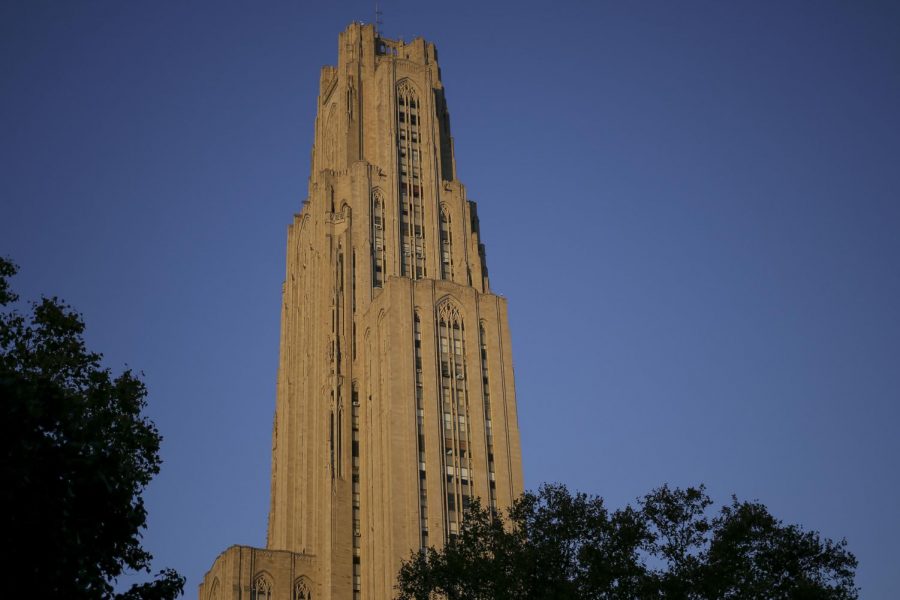
Analysis: Comparing Pitt’s current Ballard Spahr spending with pre-unionization
By Neena Hagen, Senior Staff Writer
• January 22, 2020
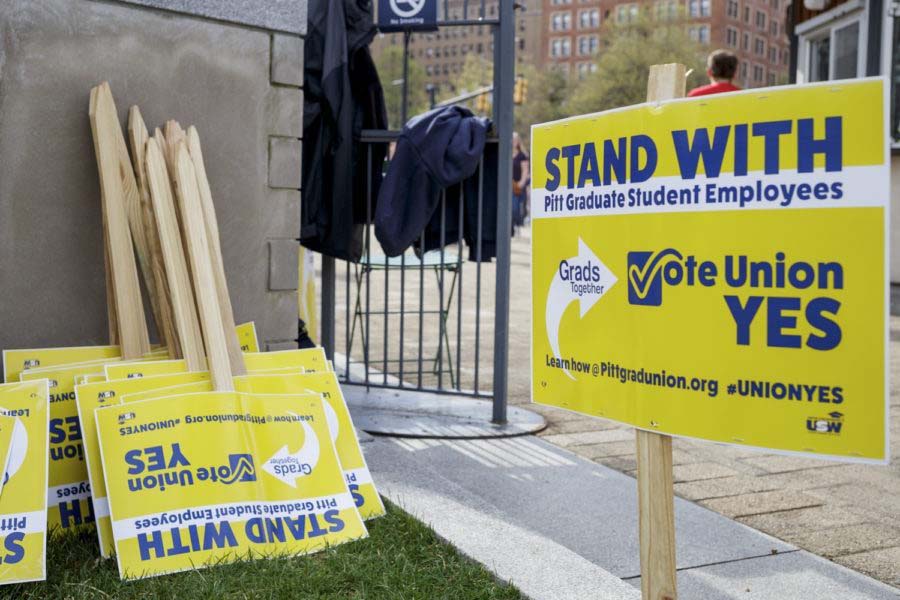
Pitt’s bill for ‘union avoidance’ law firm passes $1 million
By Jon Moss, News Editor
• January 12, 2020
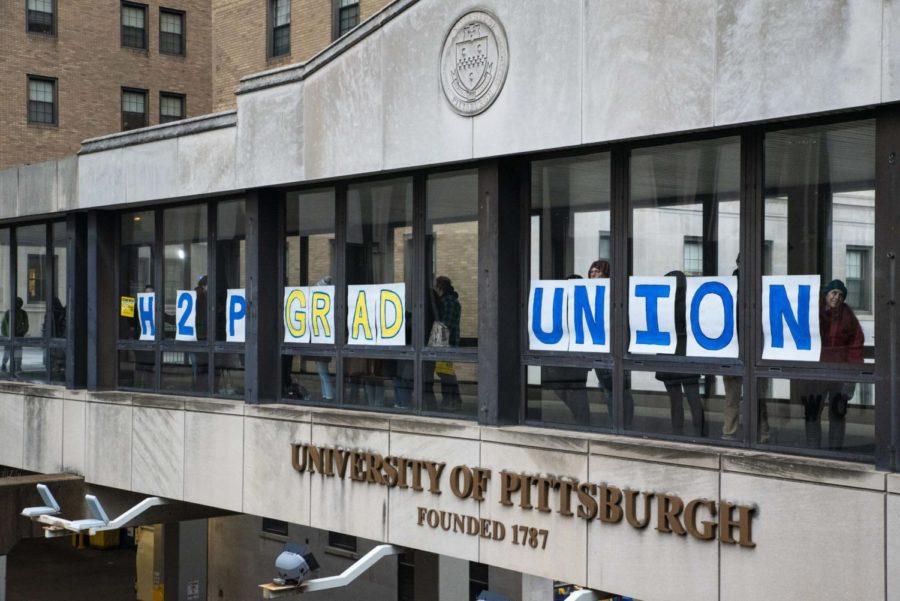
Grad union organizers hold demonstration on sky bridge
By Benjamin Nigrosh, Staff Writer
• December 4, 2019
Editorial: NLRB unionization proposal is a step backwards
By The Pitt News Editorial Board
• September 23, 2019
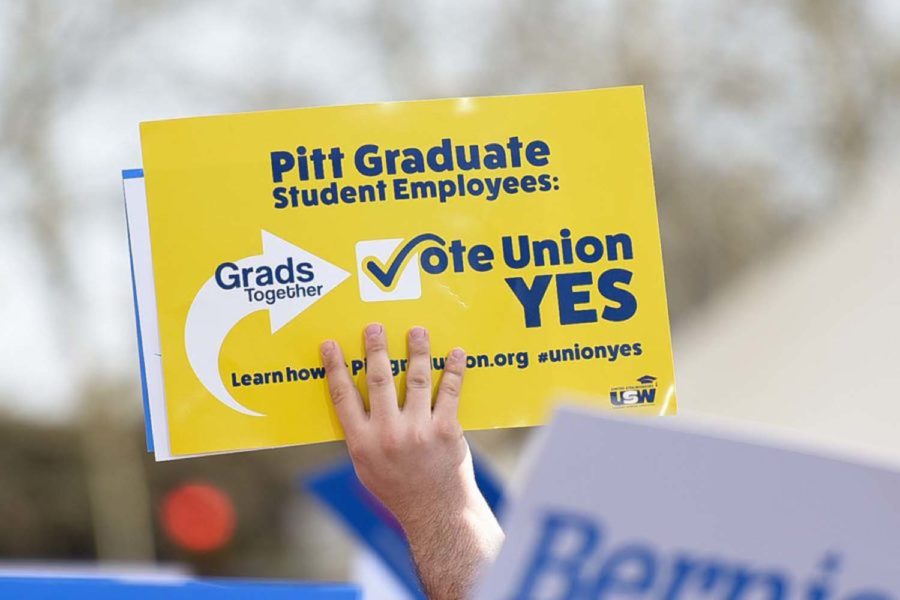
Labor official: Pitt website, department chair email involved in unfair practices
By Emily Wolfe, News Editor
• September 19, 2019
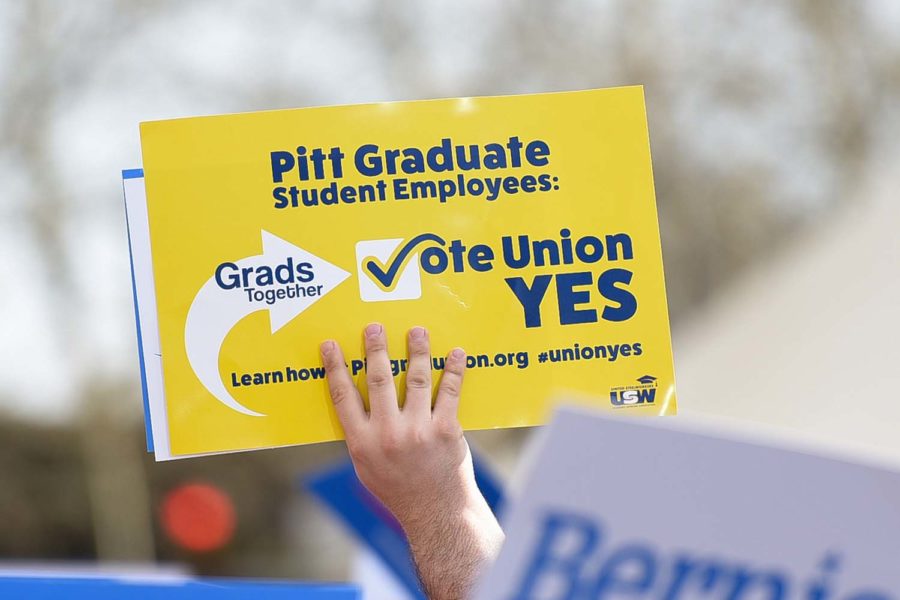
PLRB rules Pitt committed unfair labor practices, orders new grad union election
By Janine Faust, Editor-in-chief
• September 18, 2019

Student organizers confident as unionization decision nears
By Erica Guthrie, Assistant News Editor
• August 26, 2019
Load More Stories
Join our newsletter
Get Pitt and Oakland news in your inbox every weekday.

By Katie Hovan, Staff Writer • 10:07 am
By Marissa Kelley, Senior Staff Writer • 10:04 am
By Aidan Kasner, Sports Editor • 9:11 am
By Aidan Kasner, Sports Editor • 2:31 am
By Jake Vasilias, Staff Columnist • October 22, 2024
Join our newsletter
Get Pitt and Oakland news in your inbox every weekday.

By Katie Hovan, Staff Writer • 10:07 am
By Marissa Kelley, Senior Staff Writer • 10:04 am
By Aidan Kasner, Sports Editor • 9:11 am
By Aidan Kasner, Sports Editor • 2:31 am
By Jake Vasilias, Staff Columnist • October 22, 2024

